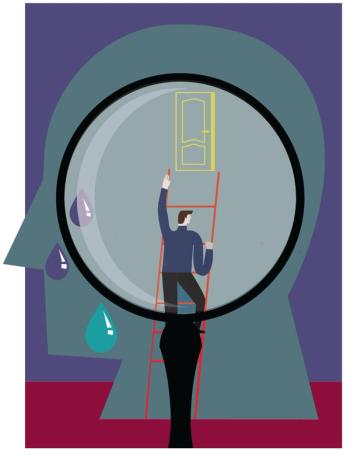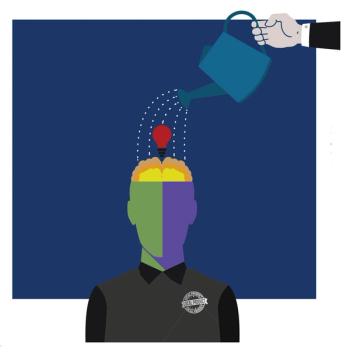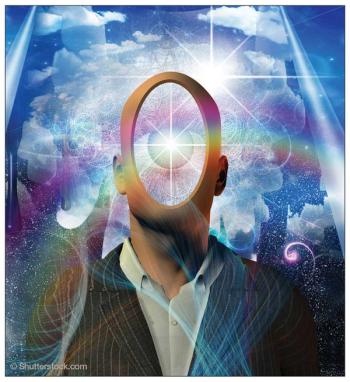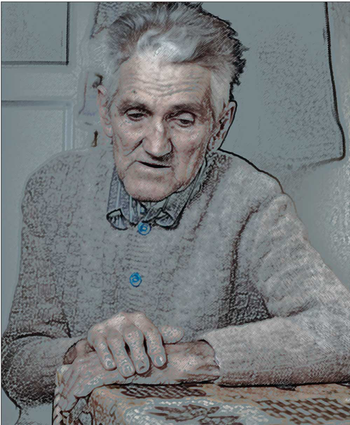
Loneliness, substance abuse, dating violence, and hopelessness, are just some of the risk factors for suicide, which remains the second leading cause of death for college students.

Reporting of symptoms that are beyond available medical evidence is a central feature of malingering and related conditions, making the clinical differentiation of these disorders a challenge.

Loneliness, substance abuse, dating violence, and hopelessness, are just some of the risk factors for suicide, which remains the second leading cause of death for college students.

After being sued for psychiatric malpractice and enduringa 4-year roller-coaster ride of fear, hope, hard work, anxiety, and detachment, the author passes along lessons learned.

The author applies psychodynamic psychology to understand and recognize so-called "homegrown" terrorists, individuals who are familiar with American culture and thus more difficult to detect.

Therapeutic lying, a concept that is currently seeping into the medical literature, is the practice of deliberately deceiving patients for reasons considered in their best interest.

The trend toward transparent documentation has potential for many benefits, yet it remains a provocative concept for the field of psychiatry. In this podcast, Dr Helen Farrell answers several salient questions about transparency.

When did human rights become negotiable in the US? A commentary on dismantling and closure of federal and state mental hospitals.

Good documentation can be used by psychiatrists to enhance the physician-patient relationship. Of course, transparency could come at a price to practitioners, so following reasonable guidelines outlined in this article is key.

The author concludes that people inappropriately placed in psychiatric hospitals can lead to grave violation of human rights.

Dostoevsky wrote 135 years ago, but his critique of forensic psychiatry and forensic psychology stands the test of time.

As the nation focuses on public protests regarding the deaths of black males by white officers, psychiatric groups take notice.

For those suffering from severe mental illness, this is the worst of times. Walk the streets of any city and you will find multitudes of the mentally ill left homeless to fend as best they can for themselves.

Some inflexible anti-psychiatrists are blind ideologues who see only the limits and harms of mental health treatment, not its necessity or any of its benefits. More in this commentary.

The psychopath has the image of a cold, heartless, inhuman being. But do all psychopaths show a complete lack of normal emotional capacities and empathy?

Are psychiatrists mandated to report patient self-disclosures of child abuse in every case? The answer might surprise you.

This is the fourth in a series of blogs devoted to our society’s shameful neglect of people with severe mental illness.

If we didn't so stigmatize the severely mentally ill, we would feel an urgent responsibility to rescue them immediately from prison and homelessness.

What do you include in your differential diagnosis if you suspect Munchausen syndrome? Take the quiz and learn more.

An expert discusses behavioral indicators and screening instruments for suicide risk.

All psychiatrists must familiarize themselves with relevant reporting statutes and be knowledgeable about what constitutes neglect or abuse.

Maltreatment at an early age casts a very long shadow. Here: a look at the long-term effects of early childhood trauma.

The number of persons affected by elder mistreatment and self-neglect is growing-with consequent increases in morbidity and premature mortality.


Why do you need to know about Munchausen by Proxy? Answers here.

Substantial progress has been made in the development of etiologic models of intimate partner violence and interventions for individuals who assault their intimate partners. These authors provide details.
